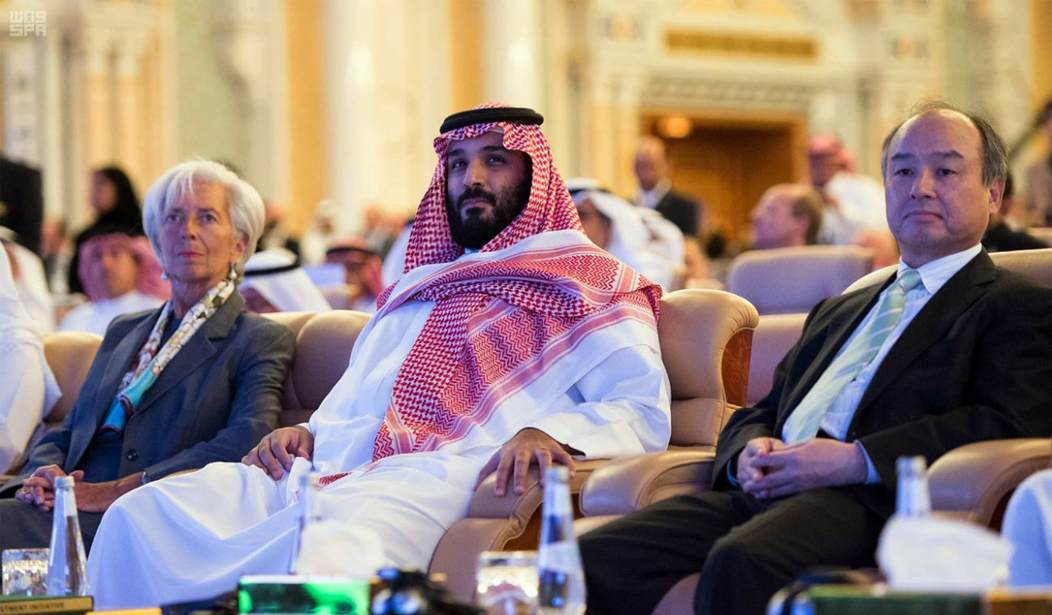On Saturday, Saudi Arabia announced the arrests of eleven princes, including billionaire investor Prince Alwaleed bin Talal. Four ministers and many former ministers were also arrested.
The announcement of the arrests was made over Al Arabiya, the Saudi-owned satellite network whose broadcasts are officially approved. Prince Alwaleed’s arrest is sure to send shock waves both through the Kingdom and the world’s major financial centers.
The reason that Alwaleed’s arrest will have such an impact is that he’s one of the world’s biggest and most prominent investors. He has major stakes in Twitter, Apple, News Corp, Time Warner, and a host of other well-known companies. He’s also in charge of satellite television networks that are watched throughout the Middle East.
Although the mass arrests came as a shock to the outside world, political insiders in Saudi Arabia may have seen them coming for a while because they’re clearly aimed at consolidating the crown prince’s power.
Crown Prince Mohammed bin Salman is King Salman’s son. Throughout his father’s reign, Prince Mohammed has become increasingly powerful, causing discontent among other princes. Clearly, King Salman has decided to secure his son’s future by removing all those who may pose a threat to him. It’s not very democratic, but hey, it’s not as if Saudi Arabia ever pretended to be inclusive and tolerant of other people’s opinions. It’s an autocracy in which the monarch rules (more or less) supreme. In that sense, it has more in common with Iran, China, and even North Korea than with the West — even though Europe and the United States are Saudi Arabia’s most important business partners.
King Salman is still the most powerful figure in Saudi Arabia, but his son is almost as powerful as he is — and perhaps even more so:
He controls almost all the levers of government, from the Defense Ministry to the central bank and the oil giant Aramco, which bankrolls the country. He’s also announced radical plans to sell state businesses, cut the public payroll and step up a regional power struggle against Iran.
Times are a-changin’ in Saudi Arabia. Now Crown Prince Mohammed has to hope that his father’s (and his own) changes don’t cause massive economic problems. If they don’t, nothing will stand in his way of him becoming his country’s most powerful leader in decades — perhaps even since the founding of the nation.









Join the conversation as a VIP Member